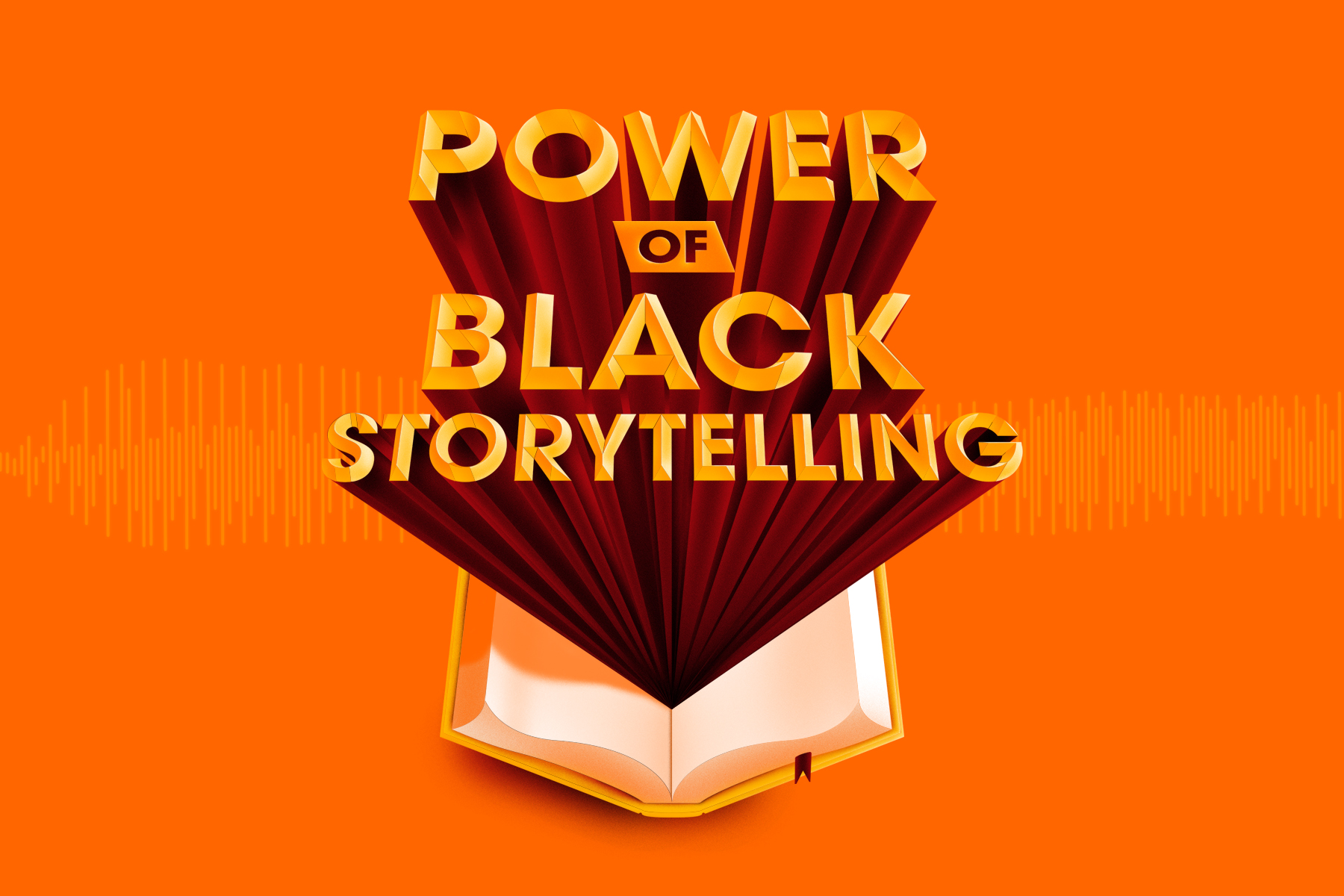The ultimate Black History Month reading list

The breadth of Black experience is such that coming up with a “best” books list is nearly impossible. However, there does exist a common understanding about which works one might deem “essential” or "must-read". They are the trailblazing books that told real-life stories not yet heard; the poems that expressed what once felt inexpressible; the novels that found Black authors taking control of their stories, and putting them to the printed page for posterity; the historical accounts of what has happened, and the incisive theories that make sense of what continues to happen in our world.
The books here represent as wide a variety of thinkers as possible – we chose just one book from influential, prolific authors like James Baldwin, Audre Lorde, and Toni Morrison, so that we could fit more into the list.
Combined, we hope they address the vital topics of Blackness: the history, the struggles, the joy, the vibrant creativity and, of course, the stories.
This is the essential Black History Month reading list.
Classic fiction
The Color Purple by Alice Walker (1982)
The first novel by a Black woman to win the Pulitzer Prize for Fiction has been adapted into two major motion pictures, a Broadway musical, a radio play and more since its 1982 publication; to call it a classic would be an understatement. It’s a troubling read, but a redemptive one.
Their Eyes Were Watching God by Zora Neale Hurston (1937)
Hurston’s classic about a young woman’s attempts to self-define against a backdrop of the world’s racism, misogyny, violence, and more, was released to mixed reviews in 1937; it’s now considered a defining work of the Harlem Renaissance, and remains the subject of intense scholarly devotion.
The Underground Railroad by Colson Whitehead (2017)
Which of Colson Whitehead’s Pulitzer Prize-winning novels to include here: this one, or 2020’s The Nickel Boys? We opted for The Underground Railroad, Whitehead’s historical novel about an alternate history in which the metaphorical path to freedom for American slaves is a real rail system – not just because it came first, but because it won Arthur C. Clarke Award and National Book Award for Fiction, as well.
Black feminism
All About Love by bell hooks (1999)
There are few Black writers or, indeed, thinkers more influential than bell hooks. Born Gloria Jean Watkins, the American author, theorist, educator, and social critic changed the way readers think about race, gender, art, history, and, in this revered book published in 1999, love. But don’t stop there; read 1996’s Killing Rage, about racism, and 2000’s Where We Stand, about class.
#SayHerName by Kimberlé Crenshaw (2023)
Kimberlé Crenshaw is perhaps best known for coining the term “intersectionality” in 1989 to describe the unique, compounding effects of experiencing multiple forms of structural oppression and inequality, such as racism and misogyny. #SayHerName, which borrows its title from the growing social movement, centres the experiences of Black women who have died at the hands of police brutality, providing an analytical framework and timely guide for collective action in the face of racial injustice.
Race theory
Why I’m No Longer Talking to White People About Race by Reni Eddo-Lodge (2017)
In 2014, journalist Reni Eddo-Lodge wrote a blog post about why she would no longer be discussing racism with those who were not affected by it. Three years later, she published the landmark book Why I’m No Longer Talking to White People About Race, which explores white privilege, eradicated Black history, the links between class and race, and more.
Me and White Supremacy by Layla F Saad (2020)
In this sensible, pragmatic guide, British author Layla F Saad asks white people to think deeply about their own role in relationship to white supremacy: the ways in which they unconsciously uphold it, and how they can combat racism to change the world. It’s a great place to start your white friends on their anti-racist reading journey.
Poetry
Black history
Black and British: A Forgotten History by David Olusoga (2016)
Too often, understanding of Black British history is limited to Britain’s role in abolishing slavery – not the fact that its 19th Century economic boom was a result of slavery, nor the myriad other ways that Britons black and white have interacted over the centuries. This expansive, must-read tome from award-winning historian David Olusoga changes that.
Memoir and autobiography
I Know Why the Caged Bird Sings by Maya Angelou (1969)
This first of a series of memoirs from the famed American poet, memoirist, and civil rights activist covers her life from birth to 17 years old, and made her into a superstar. Of course, you should read her poetry and her books of essays, but to really know Maya Angelou and her work, this is where to start.
When They Call You a Terrorist by Patrisse Khan-Cullors and Asha Bandele (2018)
The founders of the Black Lives Matter movement have been called terrorists and a threat to America, when all they seek is justice for those victimised because of the colour of their skin. In this meaningful and empowering account of survival from one of the founders, she challenges a culture that views Black life as expendable.
Between the World and Me by Ta-Nehisi Coates (2015)
This emotional non-fiction work from 2015, inspired by James Baldwin’s The Fire Next Time, finds American author Ta-Nehisi Coates writing to his teenage son about what it’s like to live as a Black man in America, and the dangers all around: from police, schools, the streets, and nearly everywhere else. It’s as moving as it is heart-breaking.